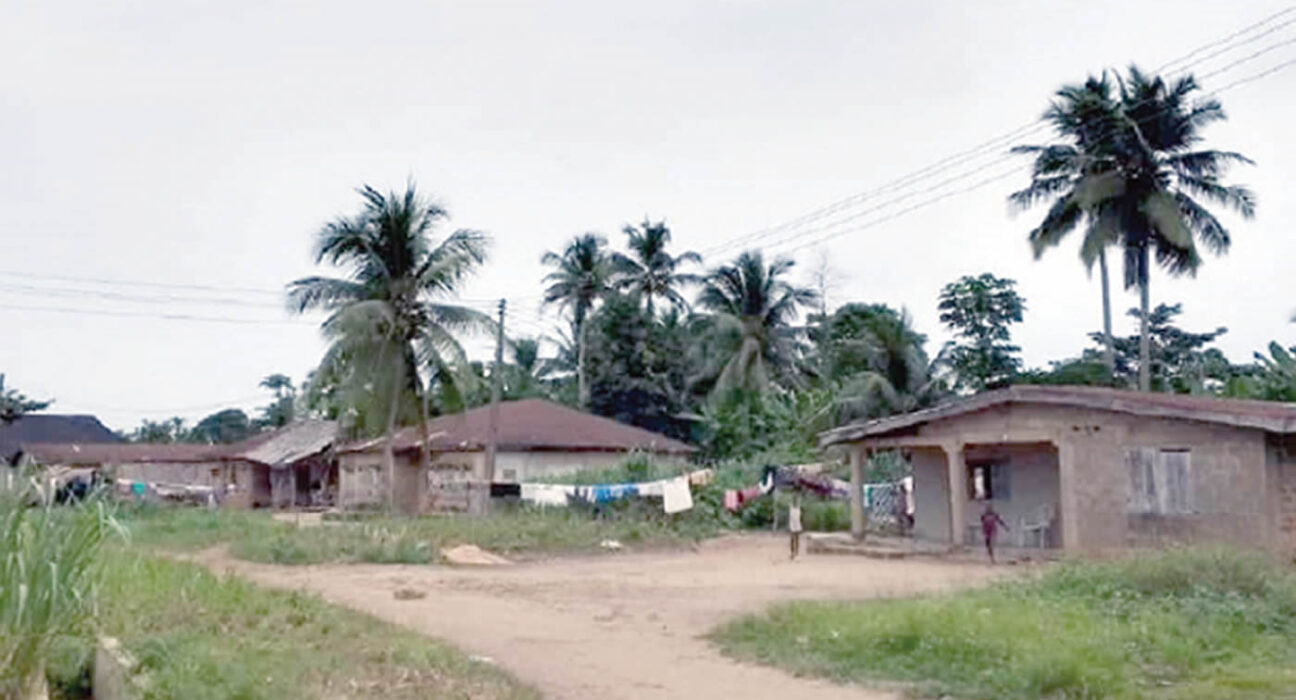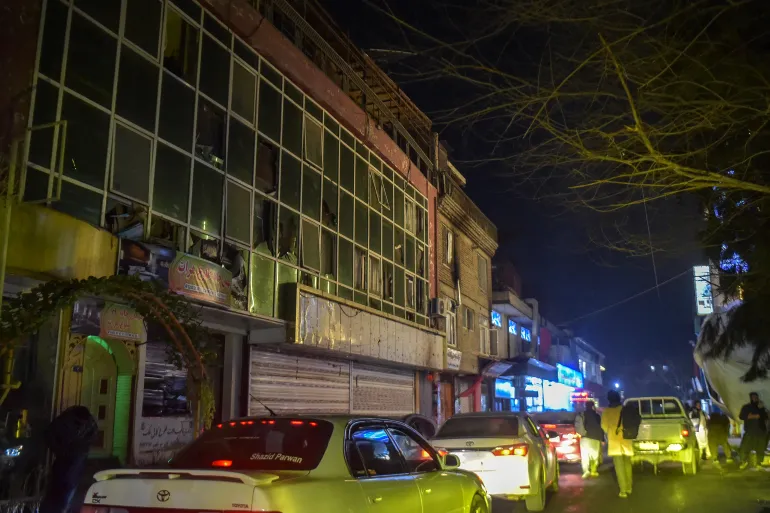Elephants Kill Farmer in Ogun Village as Residents Cry for Urgent Government Action

A quiet farming village in Itasin Imobi, Ijebu East Local Government Area of Ogun State, was thrown into mourning on Monday, July 28, 2025, after a 50-year-old farmer, Yaya Musa, was mauled to death by a herd of elephants—renewing fears and outrage in a community that says it has long been abandoned to a life-threatening struggle with rampaging wildlife.
Musa, known by villagers as Kalamu, was attacked while working on his farm. According to witnesses, the elephants gored and trampled him, leaving his body brutally disfigured. His young child, who was with him at the time, ran back to the village to raise the alarm.
“He was massacred,” said community elder Rasheed Adekunle, who recalled the horrifying scene. “By the time help arrived, his intestines were already outside his body. He died minutes after we brought him back.”
The tragedy marks the latest chapter in a grim, seven-year saga. Since 2018, elephants—believed to have migrated from the J4 forest reserve—have repeatedly invaded farms, destroyed property, and attacked residents, leaving behind injuries, deaths, and economic devastation.
Itasin Imobi is a remote village, struggling with dilapidated roads, no electricity, and limited access to potable water or affordable education. Yet, none of these burdens have caused more pain than the elephant crisis.
What began in 2018 as a curious encounter with a majestic herd has spiraled into violence. Once viewed with awe, the elephants now strike terror. Farmers have lost millions of naira worth of crops—especially cassava—and fear venturing into the forest. Women can no longer safely engage in fishing or palm oil production.
In the past two years, the elephants attacked at least three people. Victims like Kunle Bello and Kazeem Badmus barely survived after being trampled. Badmus, a chainsaw operator, endured multiple surgeries and was bedridden for almost a year.
“We were told not to kill them because they’re endangered,” said Iyabo Ajayi, a cassava farmer and fisherwoman who says she’s lost nearly ₦2 million to crop destruction. “But what about us? Do our lives not matter?”
Villagers say they’ve filed numerous complaints to state authorities through forest guards—but with no results. “We get nothing but promises,” said Chief Imam Shina Arimi, who described the animals as “enfant terrible” that have turned the village into a prison of fear.
“The government must act. Our people can’t go to the farm, they can’t fish, they can’t survive,” said Adetoun Bello, another farmer. “Poverty is increasing. Hunger is looming.”
While acknowledging the pain of the community, Ogun State Commissioner for Forestry, Taiwo Oludotun, said the government would engage with residents and seek “real solutions” instead of playing the blame game. “We need to respect the dead and prevent future loss of life,” he said.
However, the Olisa of Itasin, Chief Adewale Obilana, offered a controversial view, saying illegal logging activities may be triggering the elephants’ aggression. According to him, residents collect fees from large groups of chainsaw loggers who stay deep in the forest, cutting trees into planks and disturbing wildlife with the loud, prolonged noise of their machines.
“These elephants were here in the past but disappeared in 1942. They returned in 2018, and now they’re more restless than ever,” he noted. He urged the government to regulate logging and compensate villagers for their massive losses.
Simi Shonibare, Project Coordinator of Erin Wildlife Conservation Trust, acknowledged the severity of the crisis and proposed a multi-pronged solution. He suggested gazetting Itasin Forest as a Wildlife Sanctuary, combined with measures like; mapping elephant corridors using camera traps, creating buffer zones and no-farm zones, installing chili and beehive fences to ward off elephant, supporting community education and alternative livelihoods (e.g., beekeeping, medicinal plant harvesting, fish ponds)
“Elephant protection must be balanced with human safety,” Shonibare emphasized. “We can coexist, but it requires structure, science, and support.”
Back in Itasin, Musa’s widow, Tayelolu, is left to raise five children alone. Too distraught to speak during the visit, she broke down in tears, pleading simply:
“Governor Dapo Abiodun, the government should please help me.”
As fear grows and livelihoods vanish, the community’s appeal is simple but urgent: Help us before another life is lost.









